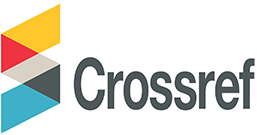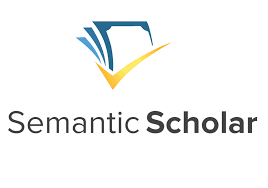Impact of Upbringing Children in A Bilingual and Multilingual Environment in Azerbaijan, Baku
DOI :
https://doi.org/10.69760/aghel.02500117Mots-clés :
bilingualism, multilingualism, cognitive development, cultural identity, parental strategiesRésumé
The study is based on the analysis of the processes of bilingual and multilingual upbringing of children from families living in Baku and the suburbs of Baku, whose mother tongue is Azerbaijani. The study examined the influence of the current environment on the mental and social development of children. The information obtained after the survey, interview, and observation is the basis of the study. The study aimed to shed light on the positive and negative effects of bilingual and multilingual parenting processes on children and laid the groundwork for larger-scale research in the future.
Références
Bialystok, E. (2011). Reshaping the Mind: The Benefits of Bilingualism. Trends in Cognitive Sciences, 15(6), 240–250.
Grosjean, F. (2010). Bilingual: Life and Reality. Harvard University Press.
Cummins, J. (2000). Language, Power, and Pedagogy: Bilingual Children in the Crossfire. Multilingual Matters.
Hoff, E. (2018). Bilingual Development in Early Childhood. Child Development Perspectives, 12(2), 80–86.
Sorace, A. (2007). Bilingualism and Language Development: The Role of Input. International Journal of Bilingual Education and Bilingualism, 10(5), 507–524.
Krashen, S. (1985). The Input Hypothesis: Issues and Implications. Longman.
Téléchargements
Publié
Numéro
Rubrique
Licence
© Acta Globalis Humanitatis et Linguarum 2025

Cette œuvre est sous licence Creative Commons Attribution - Pas d'Utilisation Commerciale - Pas de Modification 4.0 International.







